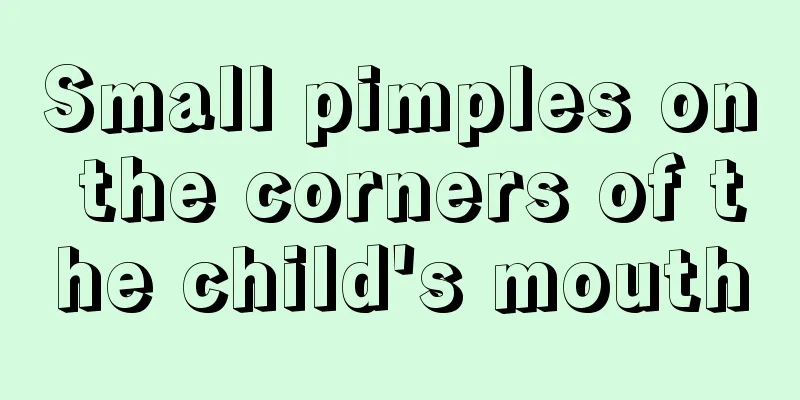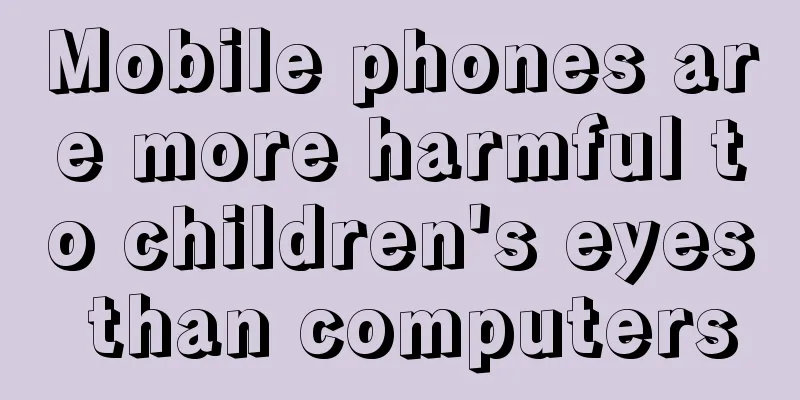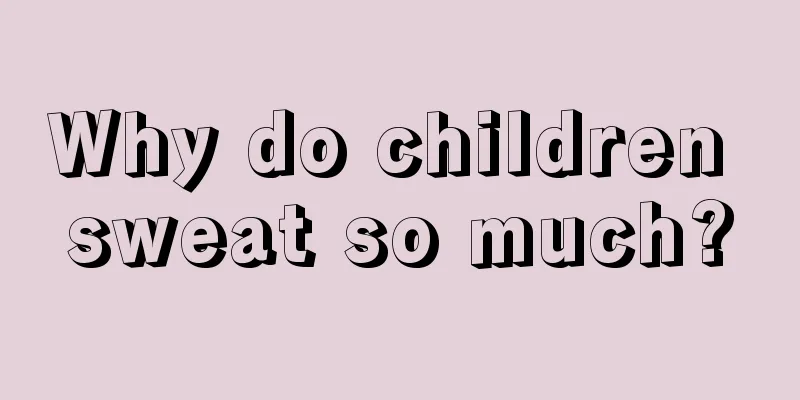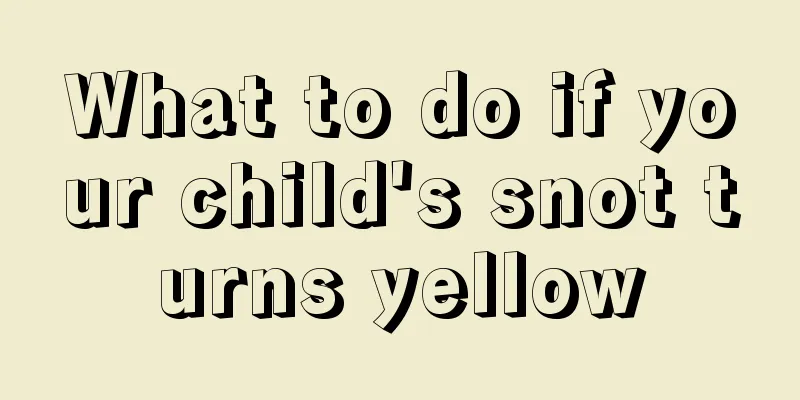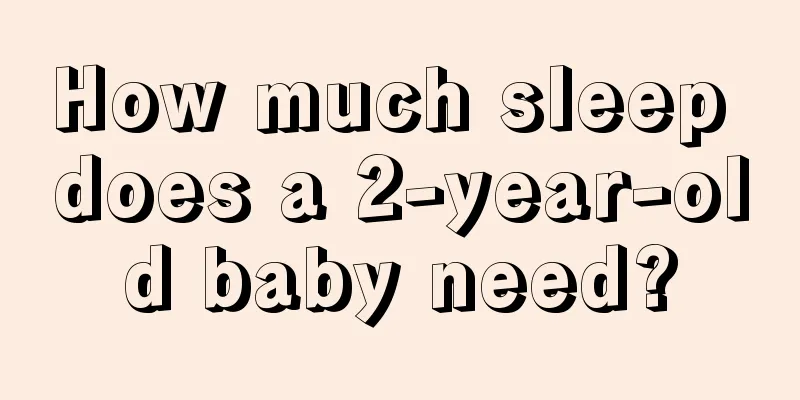Symptoms of autistic children
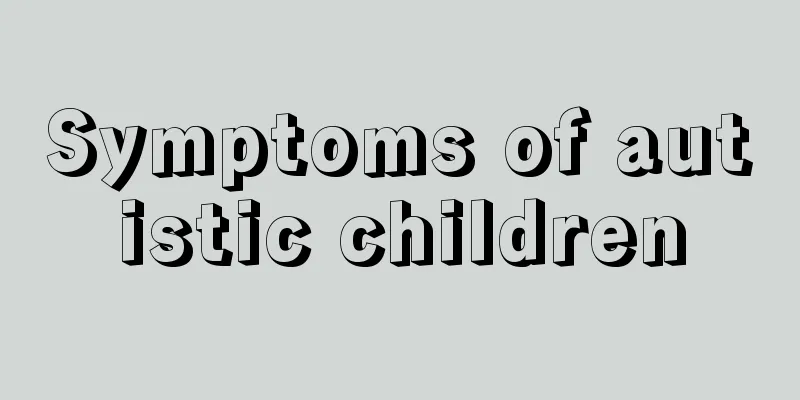
|
Autism is a very common disease nowadays. There are many reasons for the occurrence of this disease. Such a disease is very harmful to human health. It must be improved in time after it occurs, otherwise it will have a great impact on the patient's body and mind. When treating autism, we must first understand the disease, and different people have different manifestations. What are the manifestations of autistic children? There are many children with autism, and their parents cannot bear it. Such diseases can be treated and improved. Therefore, when parents find that their children have problems, they should treat them in time. What are the manifestations of autistic children? Symptoms of autistic children: 1. Language Barrier Language and communication disorders are important symptoms of autism and the main reason why most children seek medical treatment. Language and communication disorders can manifest in many forms. Most children with autism have delayed or impaired language development. They usually still cannot speak at the ages of two and three, or they experience language regression after normal language development. They have expressive language before the age of 2 to 3 years, which gradually decreases with age or is even lost completely. They remain silent for life or, in rare cases, use limited language. They have some degree of obstacles in their perception and expression of language. 2. Social interaction disorder The patient is unable to establish normal interpersonal relationships with others. When they are young, they do not make eye contact with others, have a dull expression, lack the expression or gesture of expecting hugs and caresses from their parents or others, and have no happy expression when enjoying caresses, and even reject hugs and caresses from their parents and others. He cannot distinguish between close and distant relationships and treats his relatives with the same attitude as he treats other people. Unable to establish a normal attachment relationship with parents, patients have difficulty establishing normal partnerships with children of the same age. For example, they tend to stay alone in kindergarten and do not like to play with their peers. When they see some children playing games enthusiastically together, they have no interest in watching or desire to participate. 3. Narrow interests and stereotyped behavior patterns The patient is not interested in the games and toys that normal children are keen on, but likes to play with non-toy objects, such as a bottle cap, or observe the rotating electric fan, etc., and can last for dozens of minutes or even several hours without feeling bored. Not interested in the main features of toys, but very concerned about non-main features: patients stubbornly require to keep the daily activity routine unchanged, such as going to bed at the same time, covering the same quilt, taking the same route when going out, etc. If these activities are stopped or behavioral patterns are changed, the patient will express obvious unhappiness and anxiety, and even engage in rebellious behavior. Patients may have repetitive stereotyped movements, such as clapping their hands, turning in circles, licking the wall with their tongue, stomping their feet, etc. 4. Intellectual Disability Among children with autism, the intelligence levels are very inconsistent. A few patients are within the normal range, while most patients show varying degrees of intellectual disability. Domestic and foreign studies have shown that intelligence tests on autistic children revealed that about 50% of them had moderate or above intellectual disabilities (IQ less than 50), 25% had mild intellectual disabilities (IQ 50-69), and 25% had normal intelligence (IQ greater than 70). Those with normal intelligence are called high-functioning autism. The above is a detailed introduction to the manifestations of autistic children. When children show the above conditions, parents should pay attention. Otherwise, if the child’s problem is serious, it will have a great impact on the child’s growth. Parents also need to pay attention to this point. There are also some good treatment methods for adult autistic patients. |
<<: Symptoms of mental retardation
>>: Treatment for cerebral palsy in children
Recommend
Which second-class vaccines are necessary?
These days everyone is discussing various vaccine...
The child's skin is very rough
Generally speaking, children's skin is very d...
Is synovitis serious in children?
Have you heard of childhood synovitis? There are ...
What causes a child to have a fever and headache?
Children are prone to fever because their immunit...
What are the methods to reduce fever in children?
Fever in children is one of the common diseases i...
Adverse reactions to pertussis vaccine
Whooping cough is a relatively common disease. As...
The newborn farts after struggling hard
There are many strange things about newborns, so ...
What should we pay attention to when children have tooth replacement?
When you have a baby at home, parents must master...
Why do babies need to learn to swim?
Children are the hope of the future of the mother...
What to do if your baby has a fever and high blood test results
Fever is a very common symptom in babies. It is m...
What's going on with a six-year-old child having a nosebleed?
Children often have nosebleeds, and the reasons a...
How to treat peeling of the fingertips in children
The growth of a child affects the hearts of many ...
Why do children's teeth turn yellow?
During the growth process of every child, parents...
My child has a hard lump on his chin, what should I do?
There are many reasons for hard pimples on the ch...
Treatment for night sweats in children
Children's physical health is one of the thin...


